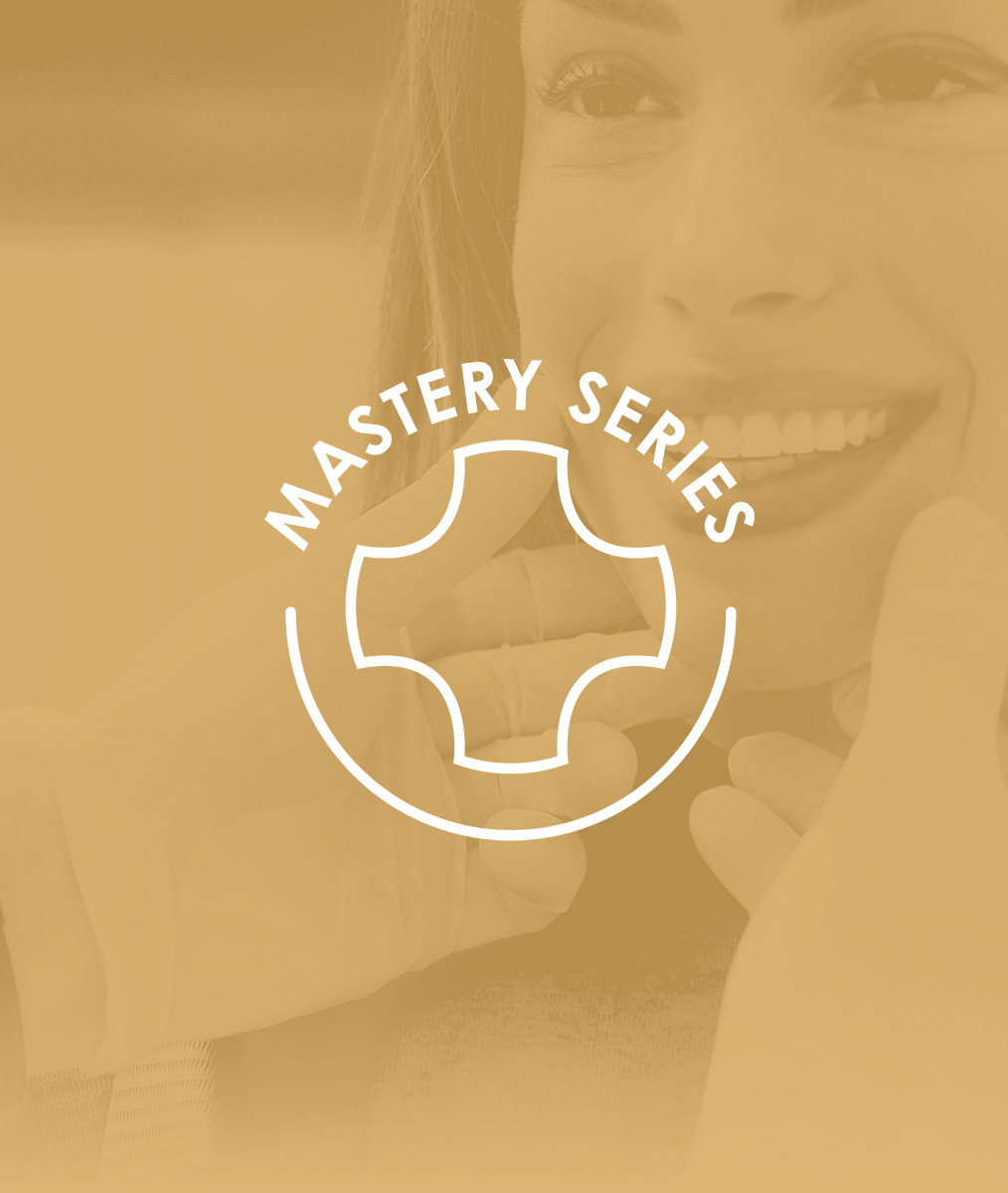Miracle Makers
As the Pankey community begins to re-open its practices, reports indicate that most patients are responding with high levels of trust and gratitude. This represents a clear indication that the investments we’ve made in building truly helping relationships with others are paying back significant dividends at a most critical moment. Relationship-based / health-centered dental practices are designed to give the kind of meaningful caring and support that relationship-starved people truly need as they venture back out into this brave new world.
The truly person-centered Pankey practice model aligns well with research which shows longevity and happiness aren’t just linked to healthy diets, habits, and genetics, but also to the consistent presence of positive social engagement. My mother frequently spoke of these types of happy people as being “givers.” She’d say, “They are givers – not just takers, and they pass this attribute along to their children, because, well, that’s just who they are.”
Abe Maslow called these types of personalities “B-Loving” individuals—individuals who self-actualize through their unconditional love of others. These are the folks who buck today’s meta-trend of consuming more, contributing less, and living a silo-type of existence. And we look forward to seeing them on our schedules, enjoy spending time with them, and feel a tremendous sense of loss when they finally pass. These folks are the ones who intuitively know that the loving attention they give to others, no matter how simple or brief, is an ever-expanding positive experience that yields out significant benefits to themselves as well.
When you add up all of those moments, hour after hour, day after day, year after year, you end up with the smiling and joking Betty or Bob. They’re the ones who are the first to give you a hug when you’ve had a bad day or experienced a personal tragedy. And they’re the ones who alter the course of our lives through a laugh, a smile, by demonstrating strength, courage, and irrepressible hope. In short, they are miracle makers.
As practitioners of relationship-based / health-centered dentistry, we need to remind ourselves that we’re miracle makers as well, because we’re also in a perfect position to listen intentionally, care more deeply, and help more significantly. But that’s only possible when we choose to see dentistry as being a helping profession and not just about teeth, technology, production – and now PPE!
On a personal level, I’ve found myself sharing my feelings about what we’ve experienced with my team and patients, and I’m finding myself opening-up on an emotional level more each day. As a result, we’ve ascended to yet another tier of caring as a team. We’ve used this communal tragedy as an opportunity to strengthen our social bonds through love and understanding instead of allowing fear to drive us further apart. Abe Maslow would likely say that we’re self-actualizing on the individual, group, and community levels through B-Love. This represents a key realization, because in spite of all the new stress which has been thrown into the middle of our lives, we’ve been able to see the huge practice development opportunity the situation has created for us.
Those of us who have grown technically, intellectually, and spiritually through The Pankey Institute have “givers” hearts (just go to one Pankey Alumni meeting and you’ll understand exactly what I’m talking about). Consequently, this communal tragedy plays right to our natural strengths, inclinations, and existing practice structures. So, in spite of all of the changes surrounding us, it’s time to confidently step forward and demonstrate principle-centered leadership. And by so doing, we’ll be holding fast to what we already know is true – that the secret to living is in the giving.
Related Course
Mastering Aesthetic Restorative Dentistry
DATE: November 21 2024 @ 8:00 am - November 24 2024 @ 12:00 pmThis course is sold out Aesthetic dentistry is where artistic form meets functional restorative dentistry. Where patients, clinicians, specialists and laboratory technicians communicate with each other in an effective way…
Learn More>







